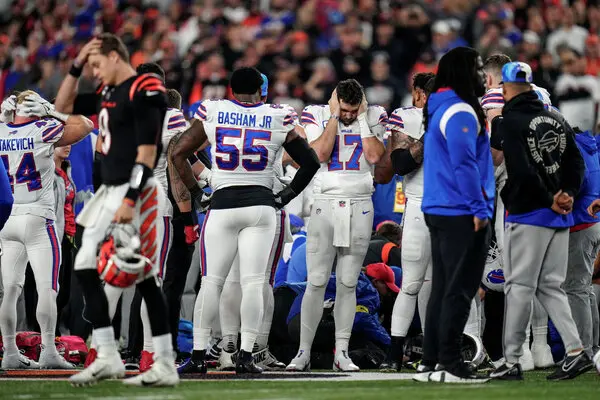In the dynamic realm of football, Northern clubs in the United Kingdom have evolved into more than just sports entities, emerging as influential leaders in the realm of social responsibility. These clubs have surpassed the conventional confines of the pitch, undertaking a pivotal role in championing various causes for the greater good. This article aims to delve into the diverse and profound impact that Northern football clubs exert on their communities and beyond, delving into a range of initiatives. From addressing educational disparities and socio-economic challenges to tackling global issues, promoting inclusivity, and actively engaging in mental health advocacy, these clubs have become stalwarts of positive change. The exploration of these multifaceted initiatives will shed light on how football, traditionally seen as a sport, has evolved into a powerful force for societal betterment in the Northern regions of the United Kingdom.

Community Roots and Educational Empowerment
Central to the concept of social responsibility is a profound dedication to community well-being, a principle that Northern football clubs wholeheartedly embrace. These clubs, intricately woven into the fabric of their localities, wield their influence to uplift and empower through education. An exemplar of this commitment is Manchester United, a global footballing powerhouse rooted in the Northern soil. The Manchester United Foundation stands as a testament to the club’s dedication, spearheading educational programs designed to provide essential tools for academic success. By placing education at the forefront of their social initiatives, these football clubs extend beyond the realms of the game, contributing not only to individual empowerment but also cultivating a culture of learning within their communities. Through strategic educational interventions, Northern football clubs foster an environment where knowledge becomes a catalyst for positive transformation, demonstrating that their impact transcends the boundaries of the pitch.
Tackling Socio-Economic Disparities
In the ongoing fight against socio-economic inequalities, Northern football clubs emerge as powerful advocates for positive change. Additionally, an exemplar of this commitment is Liverpool FC’s Red Neighbours program, a beacon addressing critical issues such as food poverty and social isolation. Through strategic initiatives and collaborative efforts, these clubs strategically redirect resources to uplift disadvantaged communities. By acknowledging their profound societal influence, football clubs willingly shoulder the responsibility to create enduring positive change. In doing so, they become instrumental in bridging gaps, fostering inclusivity, and contributing to the development of a more equitable society. This proactive stance demonstrates that Northern football clubs go beyond the pursuit of victory on the pitch, actively engaging in the transformative journey towards social justice and community upliftment.
Global Outreach for Environmental Impact
Moreover, social responsibility extends beyond geographical boundaries, and Northern football clubs recognize their global reach. Newcastle United’s “Toon Times Green” initiative exemplifies the commitment to environmental causes. By promoting sustainability and raising awareness, football clubs contribute to the broader conversation on global issues. These initiatives not only benefit local communities but also inspire a sense of collective responsibility toward a healthier planet.
Inclusivity Beyond the Pitch
Furthermore, diversity and inclusivity are integral facets of social responsibility. Leeds United’s “Allies in Football” campaign showcases the club’s dedication to breaking down barriers. Football clubs actively champion LGBTQ+ rights, fostering an environment where fans and players alike feel embraced regardless of their background or identity. The impact of such initiatives reverberates far beyond the pitch, influencing societal attitudes and promoting a more inclusive culture.
Mental Health Advocacy and Community Well-being
More so, the Northern football clubs play a pivotal role in destigmatizing mental health issues and promoting community well-being. Burnley FC’s “One Club for All” campaign highlights the club’s dedication to mental health awareness. By openly addressing these challenges and providing support networks, football clubs contribute to a culture of understanding and empathy. This not only strengthens the bond between the club and its supporters but also establishes football as a platform for meaningful conversations surrounding mental health.
Conclusion
In conclusion, Northern football clubs have become powerful agents of positive change through their unwavering commitment to social responsibility. By addressing educational empowerment, socio-economic disparities, global issues, inclusivity, and mental health, these clubs set a commendable standard for the broader sports industry. As the influence of football continues to grow, so does its potential to drive meaningful societal transformation, proving that the impact of the beautiful game extends far beyond the cheers on the terraces and the goals on the field.




